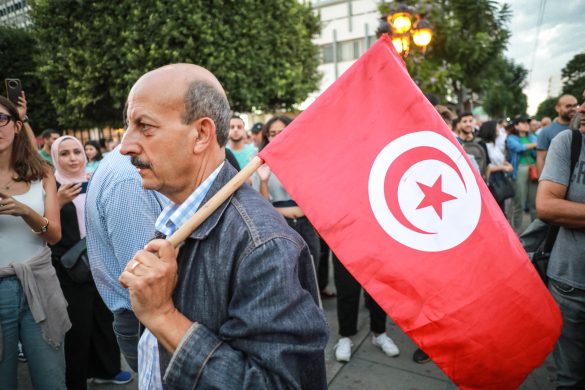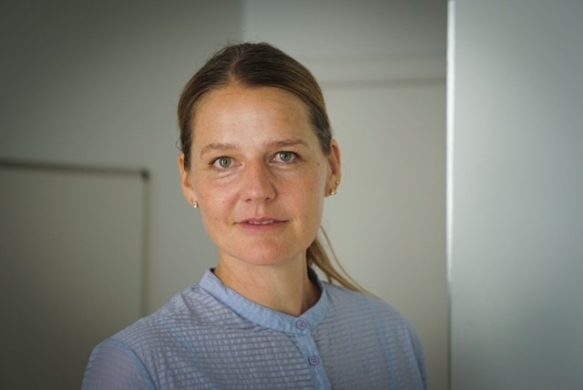FN er bekymret over manglende ligestilling i den nye tunesiske forfatning og opfordrer nu regeringen til at indarbejde flere foranstaltninger, der skal sikre fuld ligestilling og kvinders rettigheder generelt.
NEW YORK: 14 January 2013 (UN News Service): A United Nations expert group Monday called on Tunisia to adopt stronger measures in its new constitution to combat gender inequality and discrimination and accelerate the participation of women in all aspects of society.
“We are concerned at the persistence of loopholes and ambiguities (uklarheder) in the current draft of the constitution which, if not removed, might undermine the protection of women’s rights and the principle of gender equality,” said the head of the UN Working Group on discrimination against women in law and in practice, Kamala Chandrakirana.
Tunisia’s new constitution is seen as a vehicle to further advance justice, democracy and human rights, including the rights of women. However, the Working Group warned that the current draft fails to refer to the international human rights obligations to which Tunisia is bound.
“While equality between men and women is recognized, the prohibition of discrimination, including on the ground of sex, is not articulated in the second draft constitution, and there is a lack of provision on the right to remedy,” Ms. Chandrakirana said.
The Working Group, which just finished a five-day visit to the country, said it was also concerned that the draft does not specify the spheres of life – public and private – in which the right to equality is guaranteed. It also fails to specify women’s civil, political, economic, social and cultural rights.
They called for the constitution to provide temporary special measures to accelerate women’s participation in all aspects of society and to create a mechanism to monitor compliance with women’s equality and non-discrimination.
In that regard, it recommended the adoption of explicit requirements of gender balance and gender responsiveness in every constitutional authority, as well as establishing a specialized constitutional authority on gender equality.
In particular, the Working Group urged Tunisian authorities as well as civil society organizations to reach out to rural women to improve their capacities as equal citizens entitled to fully participate in the public and political life of their country. “Rural women need to be an integral part of the historic reforms the country is undergoing,” the Group said.
During their visit to the country, Ms. Chandrakirana and Eleonora Zielinska, who represented the Working Group, met in Tunis and Jendouba with Government officials and local authorities, the national human rights institution, civil society organizations, religious institutions, academics and representatives of UN agencies.
The Working Group is scheduled to present its final conclusions and recommendations to the UN Human Rights Council in June.














